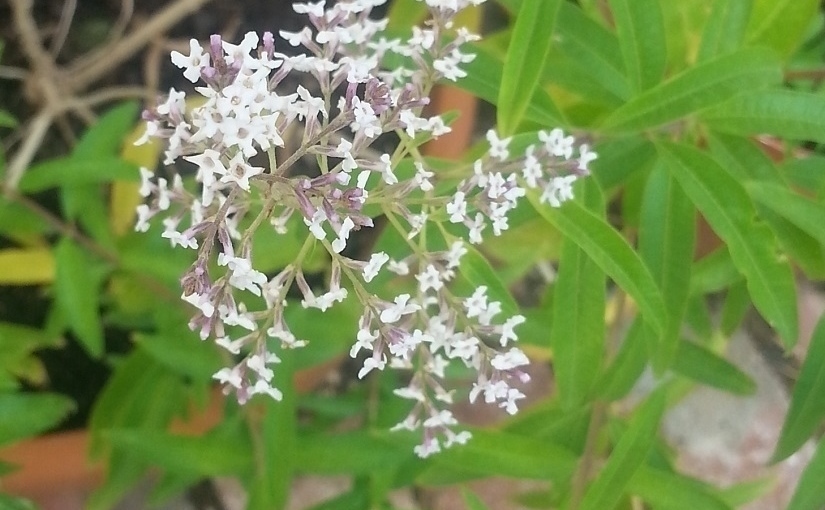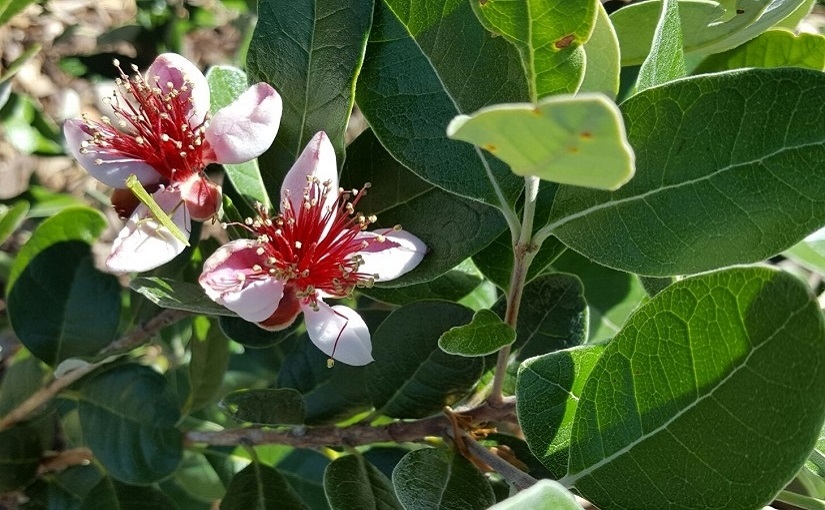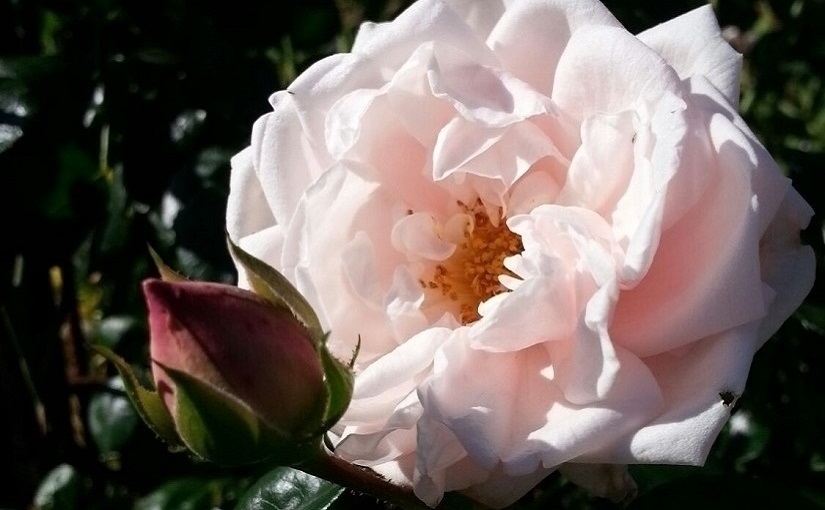Often when writing I find myself wandering into philosophy and thinking about the nature of human life; and I suspect that’s because it seems to me that society should serve humanity. Surely societies arose to serve humans, to structure activities and stories so communities could sustain themselves with both resources and a sense of identity, purpose or meaning. That seems one way of conceptualising it, at least.
So when talking about things like economics or modern culture, I find myself looking at what it all means for us as individuals – for each and every human existing within these systems of production, consumption, marketing, and social status (see Notes One).
Which I find interesting, because it could be labelled as political or idealistic or in some way spiritual but it’s also simply a human philosophy: that each of us matters; that we all contribute in countless ways to the systems we inhabit; and that economic worth or power doesn’t necessarily correlate in the slightest to personal value.
Because when it comes to modern society it seems our estimations are generally financial: we look at worth, at the value of our contributions, at the status and lifestyle all that buys us. But, more than that, our lives also serve to maintain or uphold important social systems built upon our values, character, principles and convictions, relationships, and involvement.
The words and attitudes we extend to others and display in our daily lives surely underpin society in ways we may not even understand let alone fully appreciate (Notes Two). The way we are gives a human face to how we’re all living and the ideas embodied there. If we choose to be honest, consistent, caring, and take time to relate genuinely to others then who’s to say that doesn’t vastly outweigh those other ways of quantifying our value for society?
What matters more at the end of the day? Of course, financial realities do matter and have a real impact on how we may spend our time and feel about ourselves; but that way of seeing things also seems to spill out into all these other areas where it arguably has no place: our worth as human beings and members of society should have nothing to do with money.
And it just bothers me in countless ways when aspects of our shared cultural life effectively get reduced to money, to the clothes and makeup and other lifestyle choices that cloak our true worth or seek to sell us something. All the times certain things are praised and others mocked, when they’re almost completely outside our control. Culture often seems more divisive than inclusive, and more commercial than anything else.
Sometimes I wonder if this way of reflecting on life even matters that much; if understanding what’s going on and how it might be affecting us is that important when ultimately it’s simply ‘how things are’ (Notes Three). But to say it doesn’t matter is to say we don’t matter; and I think we do.
Notes and References:
Note 1: Created a system we seek to escape?
Note 1: Ways of living & those who suffer
Note 2: Mirrors we offer one another
Note 2: Does it matter if others suffer?
Note 2: “People Skills”
Note 3: Intrinsic values on the paths for change?
Note 3: How do we find a collective vision?










